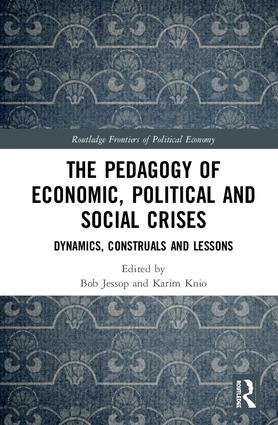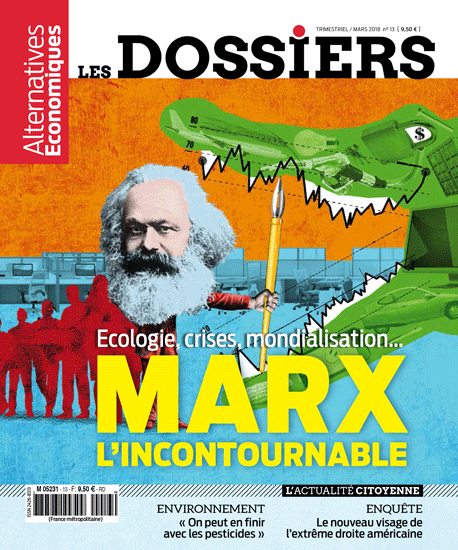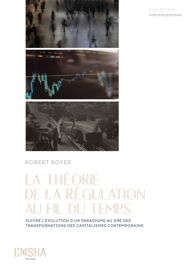Presentacion powerpoint a la Primera Jornada de Economía, Colegio de Ingenieros de la Provincia de Buenos Aires el 3 de Mayo 2019
The pedagogy of economic, political and social crises: Dynamics, construals and lessons, Bob Jessop and Karim Knio (Eds), Routledge: Frontiers of Political Economy, London, New-York, juin 2018, Chapitre 8, p.139-165.
Libération, 15 septembre 2018, p. 8-9.
Suivre l’évolution d’un paradigme au gré des transformations des capitalismes contemporains, R. Boyer (dir), Avril 2018, Editions des maisons des sciences de l’homme associées, Collection interdisciplinaire EMSHA , La Plaine Saint Denis
Le présent ouvrage propose au lecteur un aperçu sur la trajectoire intellectuelle d’un groupe de chercheurs qui se sont attachés à éclairer certaines questions liées à la recherche sur l’économie et la société selon les approches développées par la Théorie de la Régulation, ceci à travers un permanent aller-retour entre les enseignements et prédictions du cadre conceptuel élaboré pour rendre compte de la rupture des Trente glorieuses et de la réalité des évolutions observées depuis lors.
La particularité du présent ouvrage est de donner à voir l’ajustement de ce paradigme d’année en année jusqu’à la période contemporaine. En quelque sorte, il propose de visiter le laboratoire d’où sont sorties les nombreuses publications dérivées de la Théorie de la Régulation.



